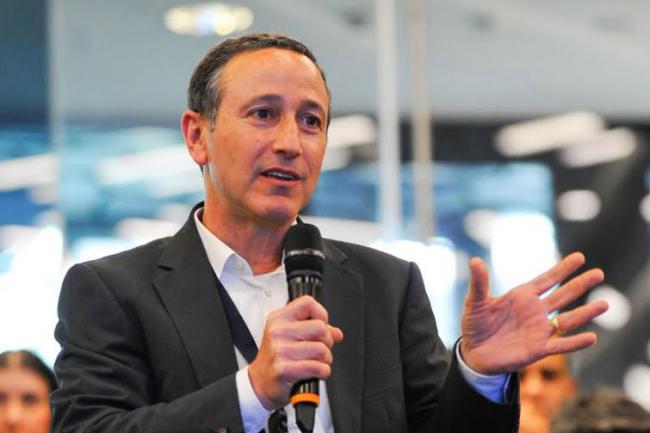09 Jan 2016, 06:43 am Print

“This is a very exciting time to be leading UNISDR as it enters a new era marked by the promotion and implementation of the Sendia Framework for Disaster Risk Reduction 2015-2030 which seeks substantial reductions in disaster losses including mortality, the numbers of persons affected by disasters, economic losses and damage to critical infrastructure such as schools and hospitals,” Glasser said in a press statement.
“Reducing disaster risk is core to the achievement of the post-2015 development agenda including the Sustainable Development Goals and the Paris Agreement on climate change,” he continued.
“We live in a world where 90 per cent of disasters are now climate-related, so there needs to be significant integration of disaster risk reduction and climate change adaptation efforts to ensure that climate change is not seen as a risk driver in isolation from other risk factors such as poverty, rapid urbanisation, non-compliance with building codes, environmental degradation and population expansion in exposed areas such as flood plains and coastal areas.”
He succeeds Margareta Wahlström who completed two terms at the end of 2015.
Photo: UNISDR
- Pakistan: Police recover two bullet-ridden bodies from Balochistan
- IDF strikes Hezbollah targets in Lebanon after projectile fire toward Northern Israel; 31 killed
- Pakistan: Armed gunmen kidnap 14 workers during coordinated raids in Balochistan
- ISIS-inspired plot foiled in UK: Two men get life sentences for targeting Jewish community
- India rejects allegations, urges Pakistan to tackle its ‘home-grown ills’





-1763561110.jpg)
